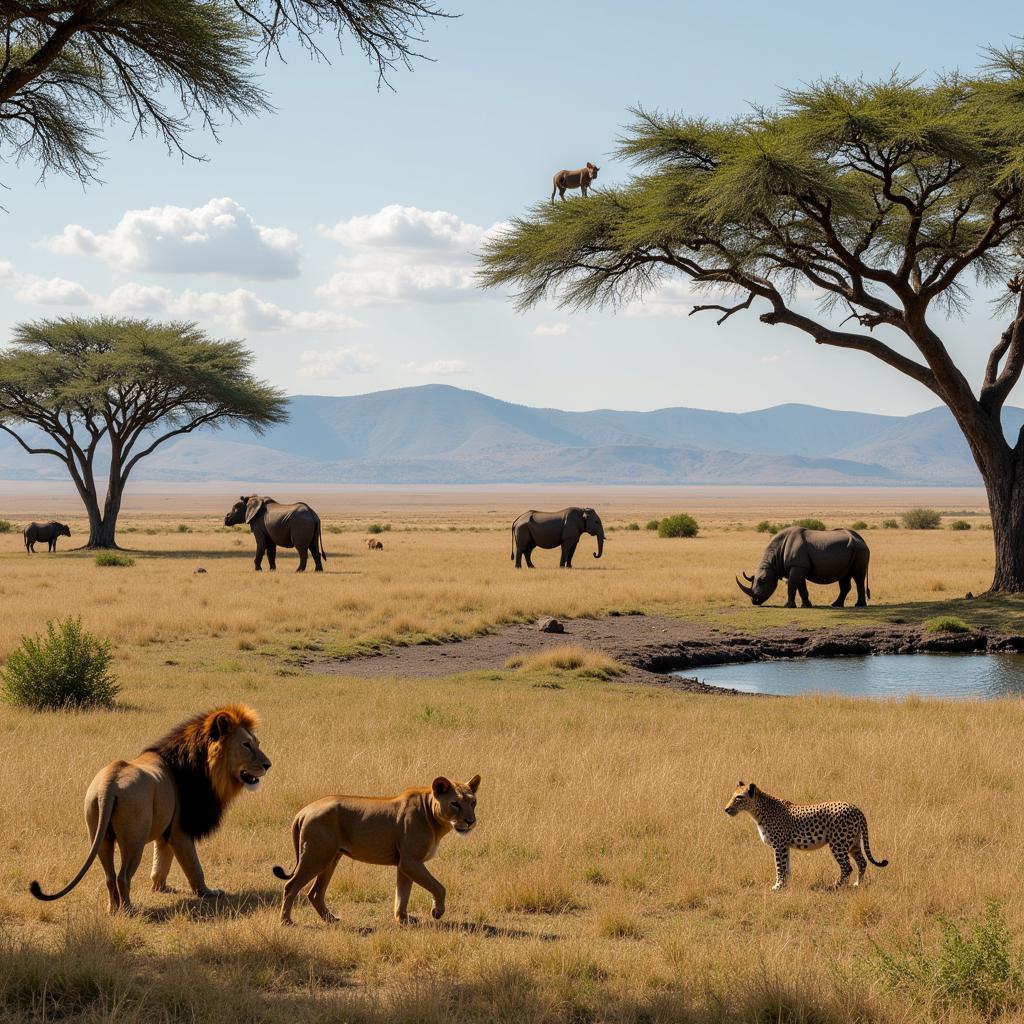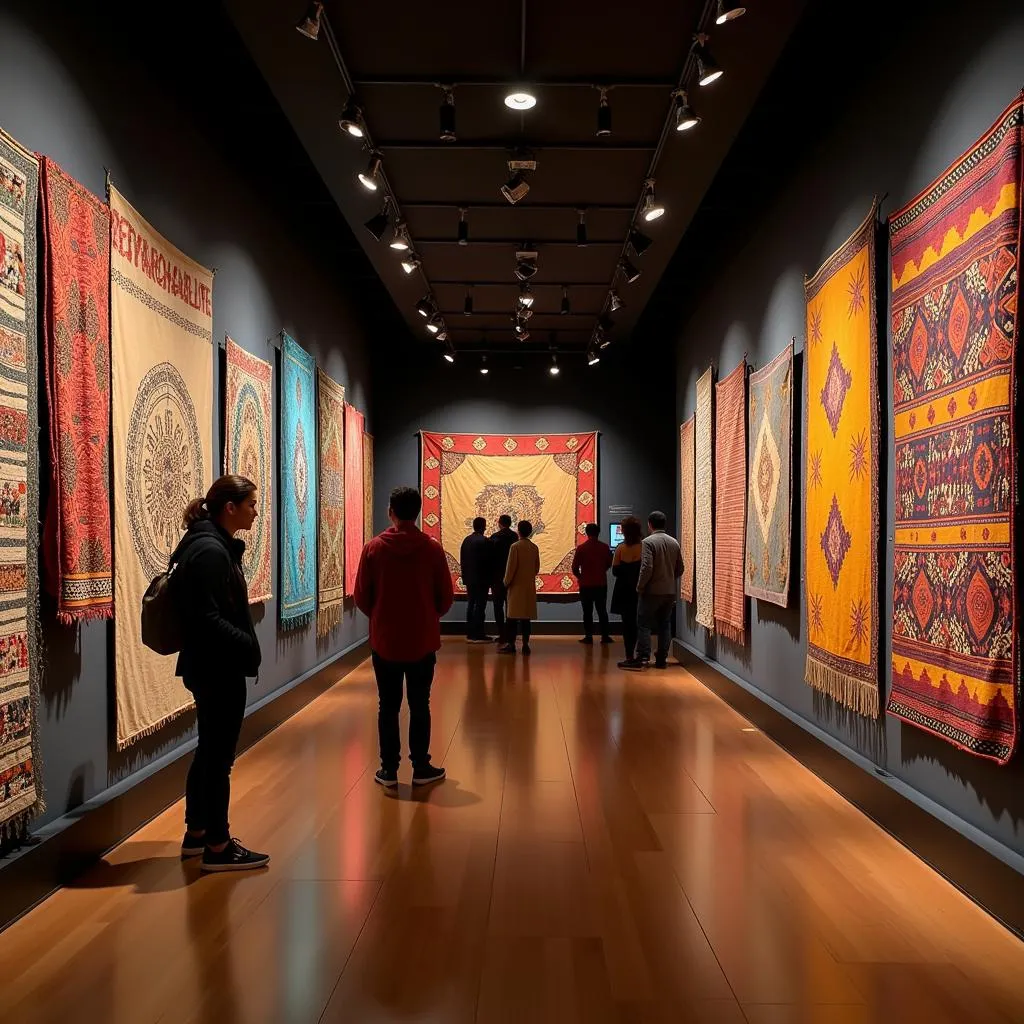Celebrating the Voices of African Women: A Look at Prominent Female Authors
African literature is rich with the diverse voices and experiences of its people. Within this vast landscape, female authors stand out for their powerful storytelling, insightful perspectives, and exploration of complex themes that resonate far beyond the African continent. These women have broken barriers, challenged stereotypes, and enriched the world with their literary contributions. This article celebrates some of the most prominent female African authors, exploring their lives, works, and impact on literature.
Pioneering Voices: Laying the Foundation
The journey of African female authors begins with trailblazers like Flora Nwapa, considered the mother of modern African literature. Her novel “Efuru” (1966) broke ground by centering on female experiences in a patriarchal society. Buchi Emecheta, another pioneer, used her writing to explore themes of gender inequality, colonialism, and the challenges faced by African women in both traditional and modern settings. Her works, including “The Joys of Motherhood” (1979) and “The Bride Price” (1976), remain timeless classics.
These early voices paved the way for a new generation of writers who continued to push boundaries and challenge conventions.
Contemporary Icons: Shaping Global Narratives
Today, African female authors are at the forefront of the global literary scene. Chimamanda Ngozi Adichie, with her award-winning novels “Half of a Yellow Sun” (2006) and “Americanah” (2013), has become a global literary icon. Her insightful exploration of themes like war, love, race, and identity have earned her international acclaim and established her as a powerful voice of her generation.
NoViolet Bulawayo, with her debut novel “We Need New Names” (2013), offered a raw and poignant perspective on the experiences of Zimbabweans navigating displacement and seeking new lives in the West. Her work, characterized by its vivid language and unflinching honesty, garnered numerous awards and cemented her place as a rising literary star.
Diverse Voices, Shared Experiences: A Tapestry of Themes
The works of these female authors, while diverse in style and subject matter, often explore common threads. Themes of identity, belonging, and the complexities of navigating multiple cultural contexts are recurring motifs. The impact of colonialism, political unrest, and social injustice on the lives of women are also central to many narratives.
Many authors delve into the intricacies of female relationships, exploring the bonds of sisterhood, the challenges of motherhood, and the enduring strength of women supporting each other in the face of adversity. Through their writing, they offer nuanced portrayals of African womanhood, challenging stereotypes and presenting multifaceted representations of their characters’ lives and experiences.
A Legacy of Storytelling: Inspiring Future Generations
The contributions of African female authors extend beyond the pages of their books. They have become role models for aspiring writers, proving that their voices deserve to be heard on the world stage. Their work has sparked important conversations about gender, race, and representation, inspiring a new generation of readers to engage with diverse narratives and challenge their own perspectives.
As we celebrate the achievements of these remarkable authors, we acknowledge their lasting impact on the literary landscape and their continued role in shaping a more inclusive and representative world of storytelling. Their stories, imbued with resilience, hope, and the power of the human spirit, continue to resonate with readers around the globe, reminding us of the transformative power of literature to connect us, challenge us, and inspire us.


